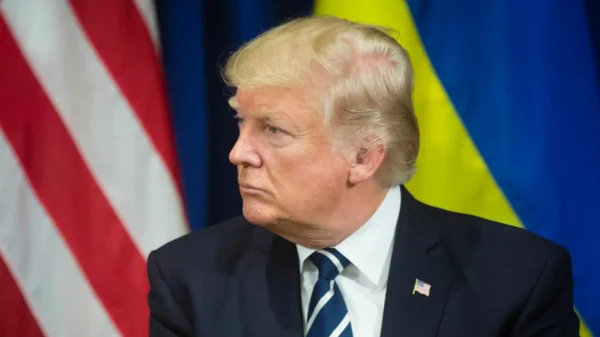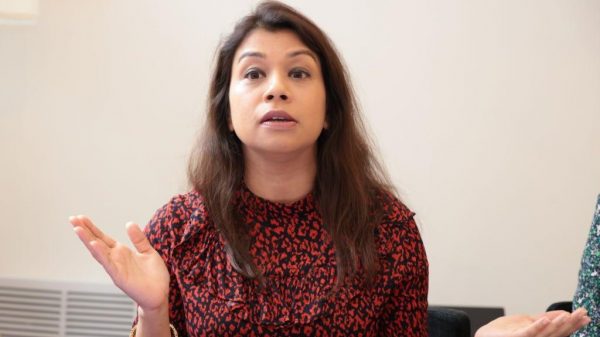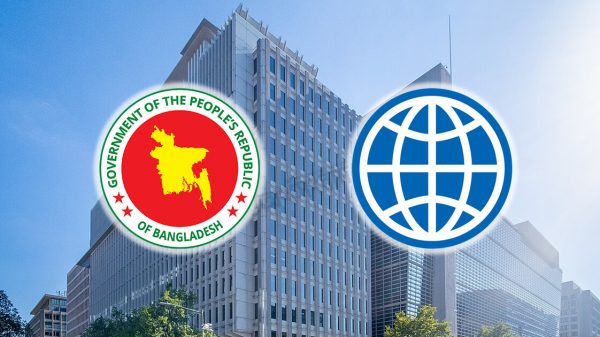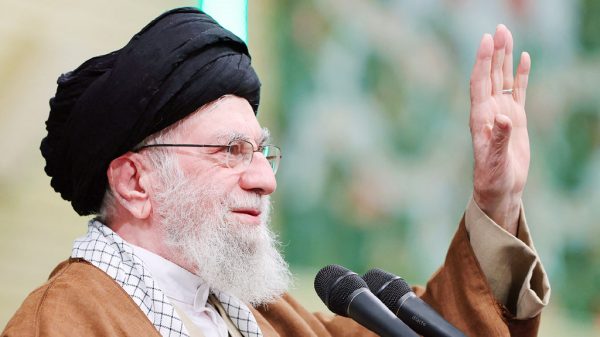Trump Potentially Faces 10-Year Prison Term in New York Hush Money Trial

Shawdesh Desk;
Former President Donald Trump is on the brink of his New York criminal trial over hush money payments, which could potentially lead to a significant prison sentence.
The trial, set to commence on April 15, involves allegations that Trump falsified business records to conceal payments made during the 2016 campaign.
Trump faces 34 felony counts for allegedly falsifying business records to cover up a $130,000 payment to adult film actress Stormy Daniels.
This payment was purportedly made to prevent her from disclosing a past affair during the critical phases of the 2016 presidential campaign.

While each count carries a maximum of four years, legal experts predict that Trump is unlikely to receive the maximum sentence due to the non-violent nature of the charges and his lack of prior felony convictions.
Most legal experts consulted believe that if convicted, Trump could receive a sentence ranging from probation to a maximum of four years.
Even if incarcerated, he would likely remain free during the appeal process, allowing him to continue his 2024 presidential campaign.
The trial will be overseen by Judge Juan Merchan, who has previously expressed frustration with Trump’s conduct related to the case.

Trump’s actions, including social media attacks on Merchan’s family, could potentially influence the severity of his sentence.
The judge has shown a willingness to impose strict sentences in related cases, as seen in the sentencing of Trump Organization CFO Allen Weisselberg.
However, Weisselberg’s plea agreement limited Merchan’s sentencing options, highlighting the complexities of legal negotiations.
To convict Trump, prosecutors must prove he falsified records to conceal another crime — specifically, violations of federal campaign finance laws.

This adds layers of complexity to the trial, as the defense will likely challenge the interpretation of these actions as criminal.
A conviction does not preclude Trump from running for or becoming president, but it could significantly impact his campaign and potential presidency.
Sentencing could be delayed until after his presidential term, if elected.
Experts like Mitchell Epner and Anna Cominsky suggest that the court might lean towards probation given the specifics of the case.

However, others believe that some form of incarceration is more likely, drawing parallels to similar cases where executives faced jail time for non-violent felonies.
One unique aspect of Trump’s case is his Secret Service protection, which complicates potential incarceration scenarios.
Creative solutions may be needed to reconcile security requirements with judicial outcomes.
As the trial date approaches, all eyes will be on how these legal arguments unfold, what evidence will be most compelling, and how a potential sentencing could reshape Trump’s public and political life.
The outcome of this high-profile trial could set precedents for how similar cases are handled in the future.

























Leave a Reply